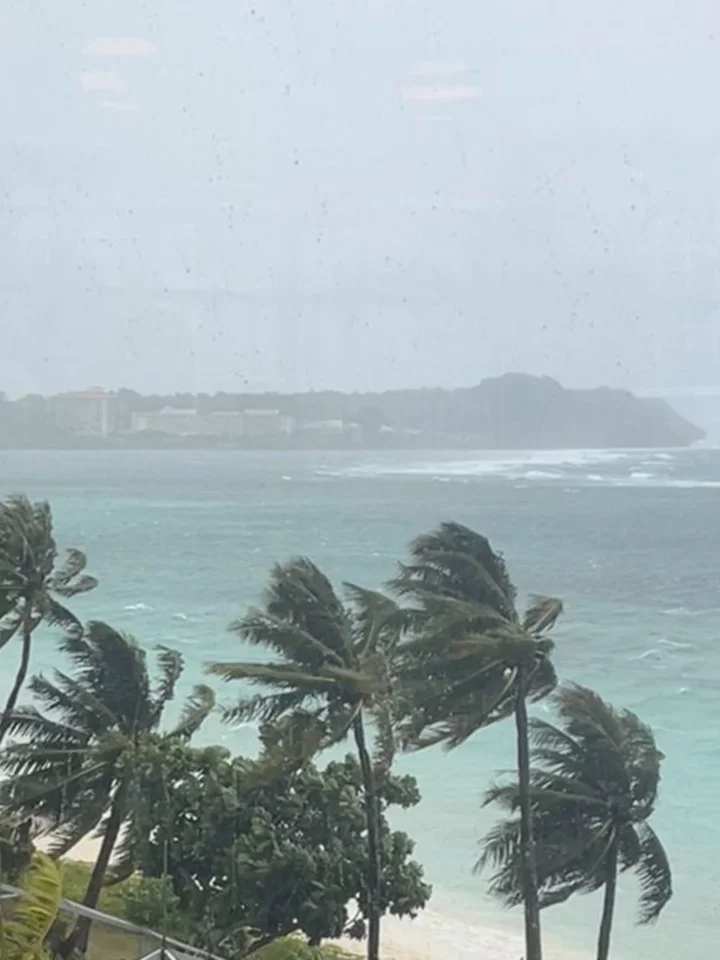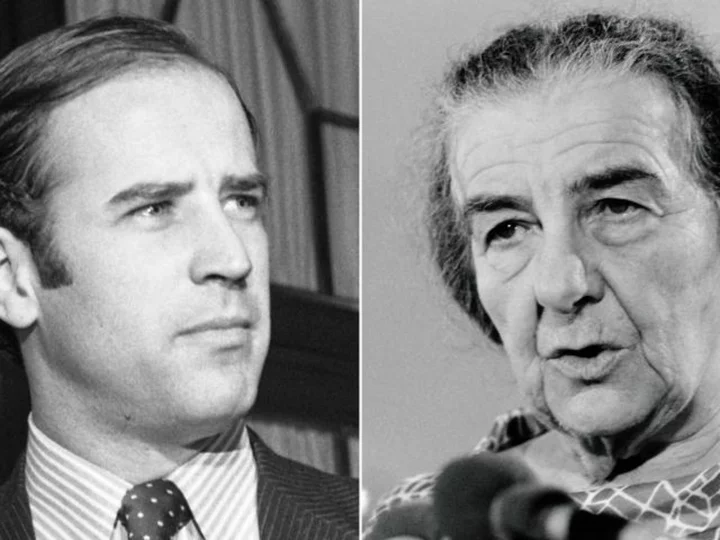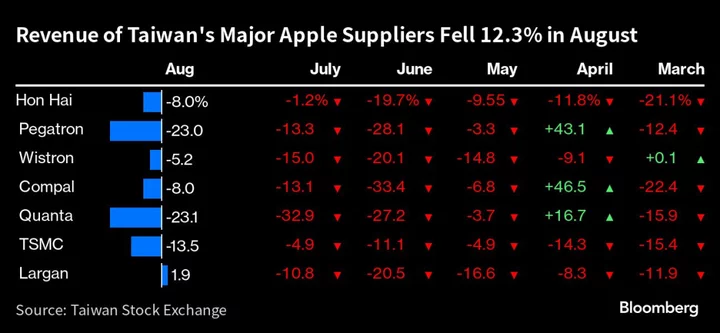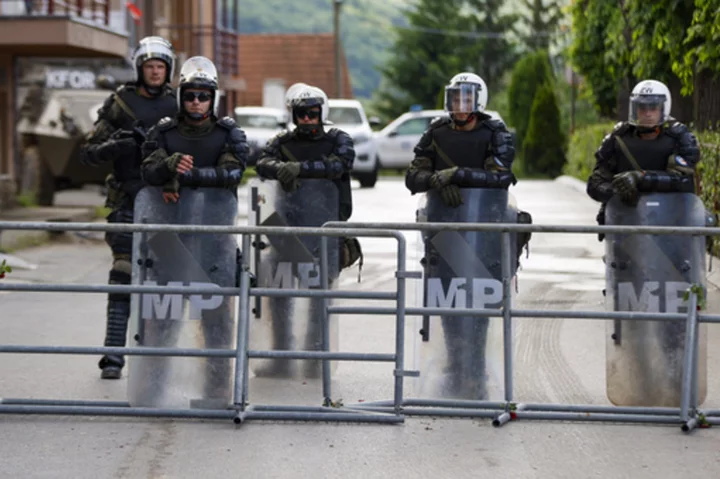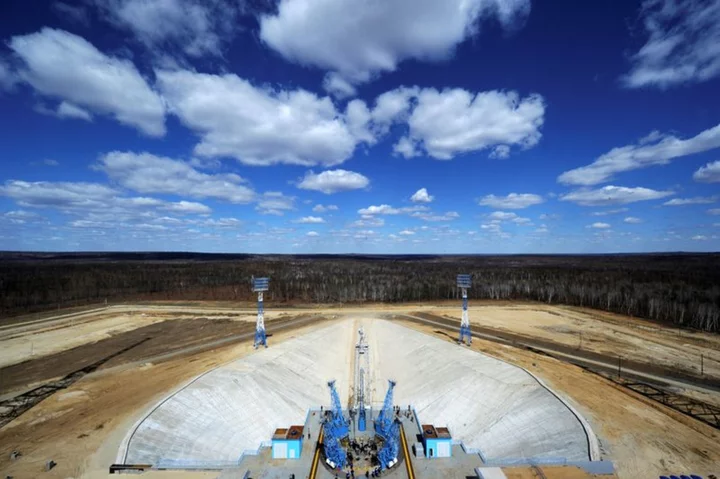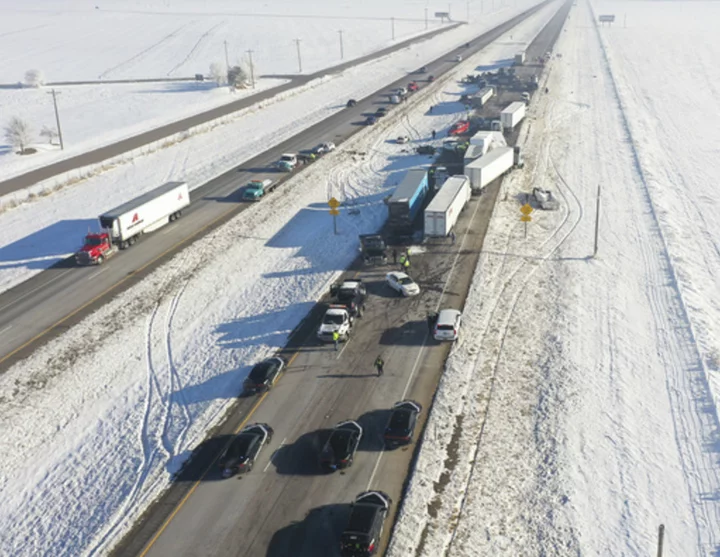A Category 4 typhoon hit Guam on Wednesday, packing winds of up to 140 miles per hour (225 kmh) and torrential rain, as it inched across the Western Pacific Ocean, but there were no early reports of deaths or injuries.
The slow-moving storm - dubbed Super Typhoon Mawar - delivered rainfall of up to 2 inches (5 cm) per hour overnight, the U.S. National Weather Service (NWS) said in its forecast.
Moving northwest at 8 mph, Mawar could produce landslides, flash flooding and life-threatening storm surge, the NWS said in a series of warnings for the tropical island, located about 6,000 miles southwest of Los Angeles.
"I'm very worried for our people's safety and very concerned," Guam's Governor Lou Leon Guerrero told National Public Radio during an interview on Wednesday.
She compared the storm with 1962's Typhoon Karen, which flattened much of the island, which has a current population of about 170,000.
Typhoon Mawar's wind speeds placed the storm in Category 4, the second-strongest designation on the Saffir-Simpson Hurricane Wind scale.
The growing frequency and intensity of such storms around the globe are symptomatic of human-driven climate change, according to scientists who study weather patterns.
According to early reports, Mawar damaged houses and forced the rescue of eight people, said Guerrero, who expects a more complete assessment of the destruction after winds tamper down.
Video footage and photographs posted on social media showed ominous clouds drifting over beaches, rains lashing buildings and winds bending palm trees.
"Lots of us have relocated to the basement. All the units totally flooded, several windows blown out, and the building is shuddering from the wind," said Twitter user Ginger Cruz, who posted a video of winds overturning a pickup truck outside of her home.
On Tuesday night, President Joe Biden approved an emergency declaration, authorizing federal assistance for Guam, where the United States has a military presence.
(Reporting by Brendan O'Brien in Chicago; Editing by Sharon Singleton)

